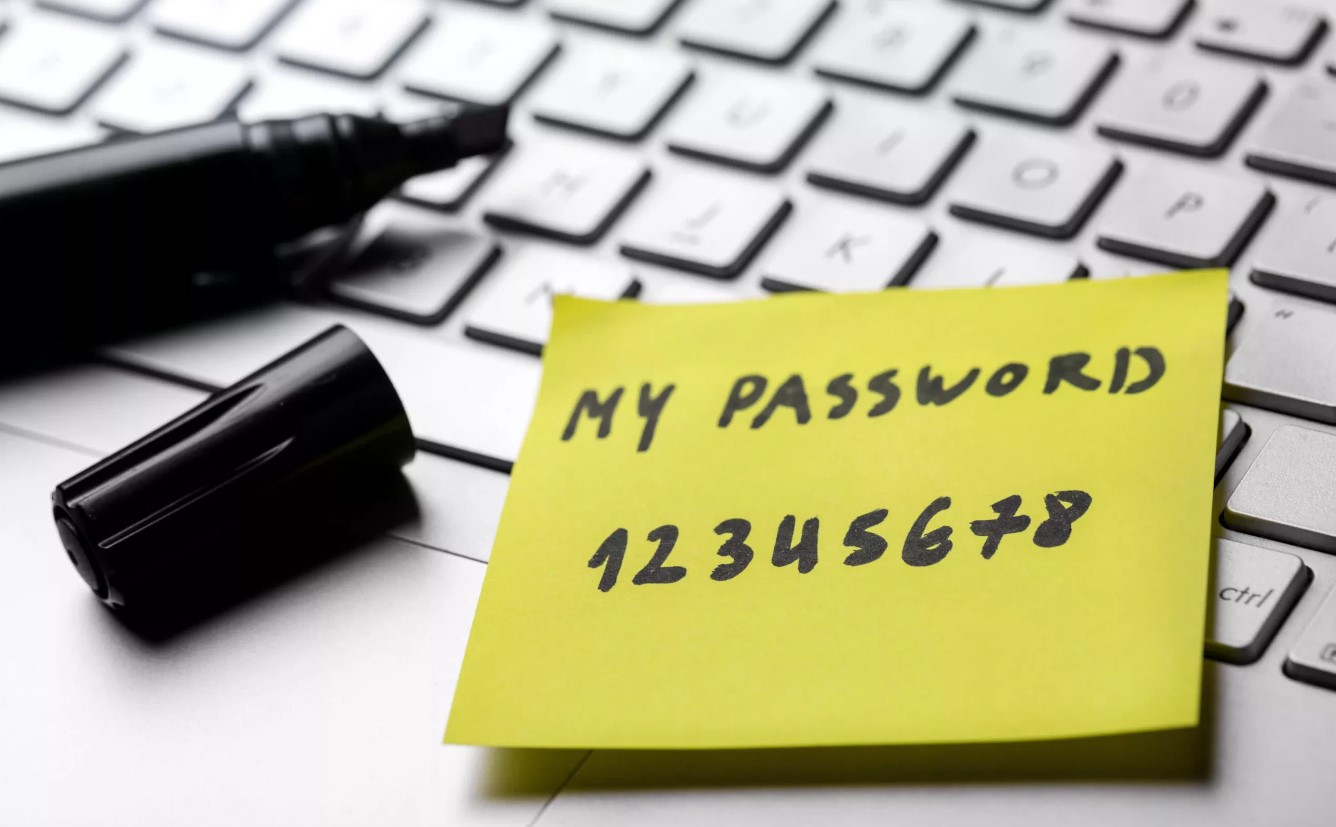Defensive Measures: How to Protect Your Property from Real Estate Identity Theft
Dec 11, 2023 By Susan Kelly
In today's digital age, where technology streamlines many aspects of our lives, it also opens doors to new forms of threats, including Real Estate Identity Theft. Protecting your property from identity theft is crucial, and this guide will walk you through practical steps to ensure the security of your real estate assets.
Understanding Real Estate Identity Theft
Real Estate Identity Theft is a sophisticated crime that involves fraudulent acquisition of property details, often resulting in unauthorized attempts to claim ownership. Hackers or scammers may exploit vulnerabilities in online systems or steal personal information to manipulate property records. Understanding the mechanisms behind this crime is the first step in preventing it.
To comprehend the gravity of Real Estate Identity Theft, consider the potential consequences – from financial loss to legal complications. Stay informed about the evolving tactics employed by identity thieves to ensure you can effectively safeguard your property.
How to Escape Real Estate Identity Theft?
Here are some effective strategies for avoiding Real Estate Identity Theft.
Signs of Real Estate Identity Theft
Detecting identity theft early is crucial for minimizing potential damage. Signs of Real Estate Identity Theft may include unauthorized property transfers, unfamiliar names appearing on property documents, or sudden alterations to your property details without your knowledge.
Regularly review your property records and be vigilant for any unusual activities that could indicate identity theft.
Securing Your Personal Information
The foundation of protecting your property starts with securing personal information. Essential documents such as property deeds and mortgage papers should be kept in a physically secure location.
Additionally, exercise caution when sharing sensitive details online. Ensure your computer has updated security software to guard against cyber threats aiming to exploit your personal information.
Regularly Monitor Your Property Records
Proactive monitoring of your property records is a fundamental aspect of Real Estate Identity Theft prevention. Utilize local property registries or online platforms to check and verify your property information regularly.
Any inconsistencies or unauthorized changes should be reported promptly to relevant authorities, preventing potential fraudulent activities.
Employ Identity Theft Protection Services
Consider enlisting the services of identity theft protection agencies that specialize in real estate. These services offer continuous monitoring of your property records and provide timely alerts about suspicious activities.
While there may be a cost associated with such services, the investment is a small price to pay for the added layer of security they bring to your real estate assets.
Be Cautious with Online Transactions
The convenience of online transactions in the real estate realm comes with potential risks. Exercise caution by using secure and reputable websites for any property-related activities. Avoid clicking on suspicious links and ensure that the websites you engage with are encrypted (look for "https" in the URL). By adopting these practices, you reduce the likelihood of falling victim to online identity theft.
Strengthen Your Passwords

A simple yet effective method to enhance your security posture is to strengthen your passwords. Create combinations of letters, numbers, and symbols, steering clear of easily guessable information like birthdays or names.
Regularly update your passwords to minimize the risk of unauthorized access to your accounts and property-related data.
Educate Yourself and Your Family
Knowledge is a powerful defense against Real Estate Identity Theft. Take the time to educate yourself and your family about the risks associated with this crime and the preventive measures to mitigate them.
Ensure everyone involved is aware of the importance of safeguarding personal information related to real estate transactions.
Report Suspicious Activities Promptly
In the unfortunate event that you notice any suspicious activities or suspect that you are a victim of Real Estate Identity Theft, prompt reporting is crucial. Hope onto the section below to explore what you can do in such a situation.
Responding to Real Estate Identity Theft
Discovering Real Estate Identity Theft can be unsettling, but a swift and informed response is vital to minimize potential damages. If you find yourself a victim, here's a comprehensive guide to help you regain control and protect your property.
Contact Local Authorities: Begin by reporting the identity theft to your local law enforcement agency. Share all relevant details, including evidence of any fraudulent activity that has occurred.
Alert Real Estate Authorities: Reach out to your local real estate regulatory body promptly. Clearly communicate the situation and provide documentation that supports your case.
Freeze Your Accounts: Take immediate action to freeze your financial accounts, preventing further unauthorized transactions. Contact your bank and credit card companies to report the identity theft promptly.
Notify Credit Bureaus: Inform major credit bureaus, including Equifax, Experian, and TransUnion, about the identity theft. Place a fraud alert on your credit reports to thwart any attempts to open new accounts without your knowledge.
Document Everything:

Maintain a meticulous record of all communications related to identity theft. Preserve emails, letters, and any other evidence that may support your case during the recovery process.
Work with Legal Professionals: Seek advice from an attorney experienced in handling identity theft cases. Gain insights into the necessary steps and potential legal recourse available to you.
Initiate Dispute Processes: Reach out to the relevant property registry to initiate dispute processes for any fraudulent transactions. Provide clear evidence of your rightful ownership and contest any unauthorized changes.
Review Your Property Records: Scrutinize your property records for any additional unauthorized alterations. Collaborate with the appropriate authorities to correct inaccuracies and restore your property information.
Conclusion
In conclusion, safeguarding your property from Real Estate Identity Theft demands a proactive and informed approach. By understanding the mechanisms of this crime, you can significantly reduce the risk of falling victim to this pervasive threat.
Stay vigilant, stay informed, and actively implement these measures to keep your real estate assets secure. Moreover, if you get stuck with the issue, consider our recovery strategies to better cope with it.





